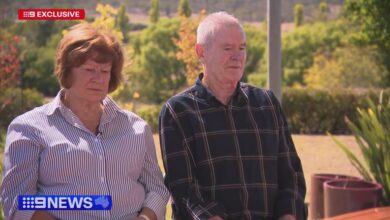
Australia’s health ministers should support the introduction of physician assistants (PAs) as a safe and cost-effective workforce strategy, a national review has found.
The Health Workforce Australia (HWA) report said medically trained PAs would help fill rural medical shortages and offer a new career pathway for nurses. PAs would also complement, not conflict with, the role of nurse practitioners, said the report.
The Australian Nursing Federation told the review that, as an unregulated health worker, physician assistants pose a threat to public safety and threaten to compete with established nursing roles.
These claims were disputed by the review.
While NPs and PAs may perform similar tasks, the report said nurse practitioners were autonomous health professionals, whereas PAs would work under delegation in a medical model of care.
PAs are also able to incorporate a surgical component in their training that is not available to NPs.
The report said the projected workforce supply of NPs, especially in primary care and rural areas, would be insufficient and both professions deserved to be supported.
The RCNA (now the Australian College of Nursing) said the new role would open up an additional career option for advanced practice nurses and international evidence demonstrated that NPs and PAs could work well together.
Despite a decade of debate and two successful pilots, the report said the role of the PA remained poorly understood and those who openly opposed PAs were advocating for the professional interests of nursing or medicine.
Internationally, physician assistants have been introduced into the health workforce in the US, UK, Germany, New Zealand, Fiji, South Africa, Russia and India.
The release of the report coincides with calls by the Tasmanian Greens last month to pilot the role within the state. Pilot studies have already been conducted in South Australia and Queensland.
Three universities, two in Queensland and one in Western Australia, have developed a training program for PAs.
The report estimates there are about 30 locally trained graduates now and about 70 available for employment by 2015. PAs are most likely to find employment in general practice and rural and remote health.
To read the full report visit: www.hwa.gov.au
Linda Belardi
Email: [email protected]




